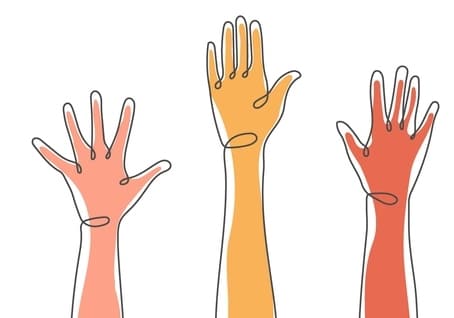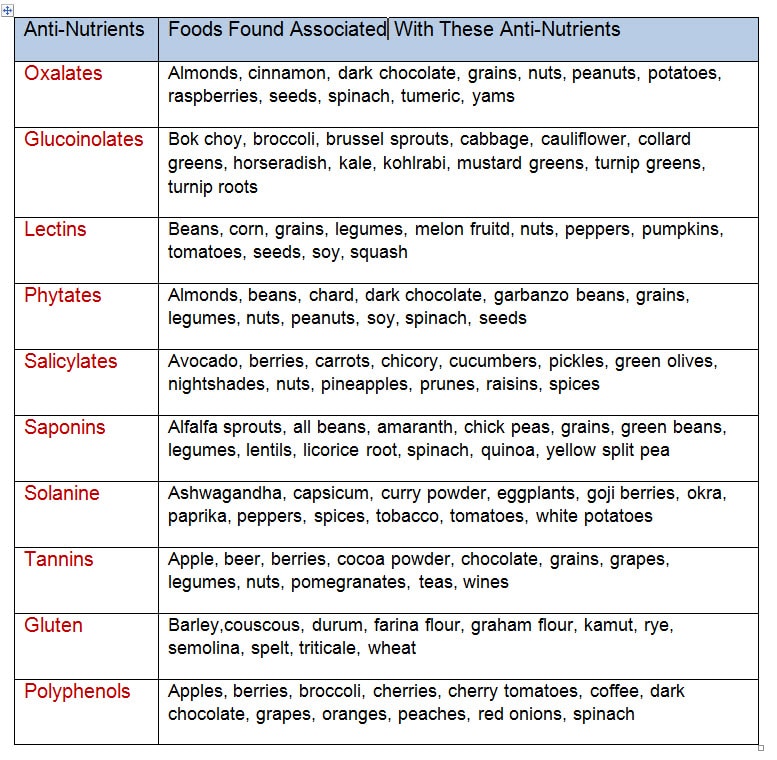
The Secret Willpower Formula
The Secret Willpower Formula
How many of your health problems could improve if you had more willpower?
What if you:
- Stopped eating sugary foods?
- Exercised regularly?
- Went to bed on time?
- Drank less (or no!) alcohol?
- Stopped smoking?
- Ate fresh vegetables and lean meats instead of fast or processed foods?
- Didn’t skip meals?
- Stopped eating junk food?
Doing this list (if you only could!) might improve your blood pressure, blood sugar, energy level, concentration, joint pain, cholesterol, weight and make you much happier.
Now, you know this already. So what’s stopping you? (Joke)
The Flip Side
So imagine that you will not be successful with the list above.
- You might have to start (or continue) taking prescription medications that reduce some symptoms while doing nothing to improve your health, which may become worse.
- You may have to continue living with your health problems and any new ones.
Health care has never been as technologically advanced as today. You should be able to find some help and recover your health and happiness. But for many, this can be highly elusive.
Twenty-five years ago, I was stuck in this exact problem. I had a severe health condition and was given a choice, basically, between infertility and possible death. Lovely.
Happily, I was able to get my health back AND have a family.
What I learned could help you as well.
I’ve spent the past 28 years successfully helping over 10,000 patients recover from “impossible” health conditions.
The Secret Formula


A big part of getting your body to improve its health is diet and lifestyle.
So, that puts us right back at the beginning: Willpower!
Here is the formula I’ve discovered that can solve willpower problems:
IT IS NOT DIFFICULT TO DO THINGS THAT WORK.
Changing your lifestyle and diet can be challenging. If you can’t see the difference or if the changes leave you feeling terrible (hungry, hangry, tired, sore, and deprived), it’s hard to be successful.
But what if the changes you tried WORKED? What if you felt better, could think more clearly, lost weight, had less pain… and didn’t feel hungry, hangry, tired, sore, or deprived?
An Example:
You come to me with a health problem that seriously impacts your life. I tell you, “Modify your diet like this, take these supplements every day and come get acupressure treatments a couple of times a week.” You do what I say, and you are so much better within a few weeks.
If I ask, “Was that hard to do?” you’ll say, “No! It wasn’t hard; everything I did worked!”
If I then ask, “Here’s what I need you to do next. Are you up for it?” you will be happy to do whatever I ask—as long as it works.
If you have done treatments, drugs, diets, or exercise that didn’t work, this explains why it all seemed so hard.
The Takeaway:
Diet and lifestyle changes are very hard to do. Unless you get immediate positive feedback, these changes are all but impossible to continue long-term.
Most health conditions are well beyond the point of being cured with only diet and lifestyle improvements. It can take quite a bit more help to get your body “over the top” and healing.
There is a technology that addresses these issues successfully, and can result in regaining your health AND lifetime improvements to your lifestyle and diet.
A big part of getting your body to improve its health is diet and lifestyle.
So, that puts us right back at the beginning: Willpower!
Here is the formula I’ve discovered that can solve willpower problems:
IT IS NOT DIFFICULT TO DO THINGS THAT WORK.
Changing your lifestyle and diet can be challenging. If you can’t see the difference or if the changes leave you feeling terrible (hungry, hangry, tired, sore, and deprived), it’s hard to be successful.
But what if the changes you tried WORKED? What if you felt better, could think more clearly, lost weight, had less pain… and didn’t feel hungry, hangry, tired, sore, or deprived?
An Example:
You come to me with a health problem that seriously impacts your life. I tell you, “Modify your diet like this, take these supplements every day and come get acupressure treatments a couple of times a week.” You do what I say, and you are so much better within a few weeks.
If I ask, “Was that hard to do?” you’ll say, “No! It wasn’t hard; everything I did worked!”
If I then ask, “Here’s what I need you to do next. Are you up for it?” you will be happy to do whatever I ask—as long as it works.
If you have done treatments, drugs, diets, or exercise that didn’t work, this explains why it all seemed so hard.
The Takeaway:
Diet and lifestyle changes are very hard to do. Unless you get immediate positive feedback, these changes are all but impossible to continue long-term.
Most health conditions are well beyond the point of being cured with only diet and lifestyle improvements. It can take quite a bit more help to get your body “over the top” and healing.








